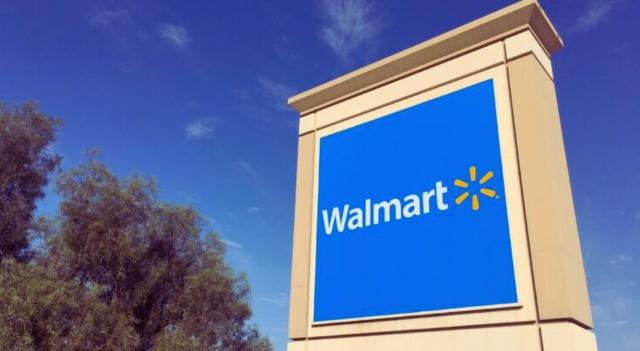Major American retailers such as Walmart (NYSE:WMT) and a range of apparel brands are racing to replenish their inventories with goods made in China, as they prepare for the critical summer shopping season kicking off in late May. The urgency follows a temporary easing of tariffs between the U.S. and China, bringing rates down from a punishing 145% to 30% for a 90-day window.
This reduction, announced on Monday, has reignited demand for items like sundresses, swimsuits, sandals, and sunscreens, with factories in China seeing a surge in orders and shipping activity. Portless, a logistics provider that facilitates air freight imports from China for U.S. e-commerce firms, confirmed the rapid shift. CEO Izzy Rosenzweig reported that clients including swimwear label Hapari and bug spray maker NatPat immediately resumed production and shipments once the tariff cut was made official.
Typically, retailers plan ahead by placing orders two to three months before the summer season, which unofficially begins on Memorial Day (May 26 this year). Most companies favor sea freight, which can take up to two months depending on destination and vessel type. However, John Harmon of Coresight Research noted that with the recent pause in trade following the U.S. imposition of steep tariffs in early April, some retailers are now playing catch-up.
The April 9 tariff spike, linked to U.S. actions against Chinese trade and fentanyl exports, prompted many American firms to halt imports. Data from Vizion, shared with TD Cowen, showed that container bookings from China to the U.S. plunged nearly 50% in the last week of April. Monday’s tariff adjustment reversed that trend — but reviving dormant supply chains won’t happen overnight.
Liu, a toy manufacturer from Dongguan, China, reported a dramatic uptick in activity. “We’re booking containers again, and some shipments are already heading to the port,” she said, citing renewed congestion on roads leading to Shenzhen. Liu, whose clients include Walmart, confirmed that business has ramped up sharply over the past two days.
Concerns Over Container Pricing
Despite the surge in activity, freight rates have not yet spiked dramatically. According to Freightos, the cost to ship a standard 40-foot container from China to the U.S. West Coast rose 3% this week to $2,395 — still about half of February’s peak, when retailers scrambled to place early orders in anticipation of tariff hikes.
Yet companies like Bogg Bag are already bracing for price pressures. CEO Kim Vaccarella shared that the company is accelerating production of its tote bags in China to ensure delivery to the U.S. by August. To keep things manageable, Bogg is sticking to high-demand items instead of launching a broader product range.
Even with tariffs now at a reduced rate, the 30% duty still presents a challenge for both large retailers and smaller businesses. Walmart executives hinted after their recent earnings report that product prices may begin rising by the end of the month. Meanwhile, Birkenstock announced plans to increase prices globally.
Retailers such as Walmart, Target, and Costco began stockpiling goods early this year. According to CFRA analyst Arun Sundaram, Walmart saw a 3% uptick in inventory in the quarter ending January 31 — the first rise in nearly two years. Inventory at Costco jumped nearly 10%, and surf/skate brand Zumiez saw a 14% increase. Target reported a 7% rise for the same period.
While the temporary tariff reduction may ease short-term supply concerns, it could also create new bottlenecks. Sundaram warned that, although not as severe as during the pandemic-era supply chain crises of 2021 and 2022, rising demand could still drive up freight prices.
Manufacturers of Halloween products, like hanging skeletons and costumes, are also rushing to meet the 90-day window. According to Gene Seroka, Executive Director of the Port of Los Angeles, the tight timeline may leave businesses struggling to meet both summer and back-to-school demands, the latter of which ramps up in July.
Stephen Lamar, head of the American Apparel & Footwear Association, pointed to potential port congestion if import volumes spike too quickly. “The trade war has already pushed back back-to-school shipments by about a month,” he noted. “But schools don’t have the option to delay reopening.”
